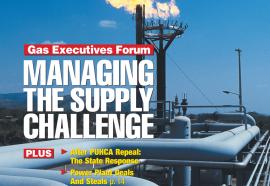Transmission Line-Siting Under EPACT: Shortcut or Short Circuit?
The 2005 Act, designed to streamline projects, may fall short of that goal.
The Energy Policy Act of 2005 was supposed to streamline the siting process and provide a federal “trump card” for projects delayed at the local level, but it is far from clear whether these goals have been, or will be, achieved.











